Sophia A. Nelson and a panel of half a dozen healthcare and education professionals held the “How Do We Care for Our Health and Wellness in a Changing Diversity, Equity and Inclusion Environment?” event at Oakland University.
On April 6 in the Oakland Center’s Founder’s Ballroom A, Tonya Bailey, Associate Dean for Diversity, Equity & Inclusion and Community Engagement at Oakland University William Beaumont School of Medicine (OUWB), moderated an all-female panel discussion on inequities, leadership and wellness.
Bailey started the conversation by defining diversity, equity and inclusion (DEI) to later ask panel members about the strategies and challenges developed when approaching them.
“Oftentimes, we just say DEI like they’re triplets, and they’re not,” Dr. Bailey said. “Diversity has its own distinct definition — it is always asking who’s in the room. Equity is always asking who’s trying to get in the room, but have invisible barriers that allow them not to be. Then, inclusion is asking if everybody is in the room and given an equal share to engage.”
Oakland University (OU) President Ora Hirsch Pescovitz, a pediatric endocrinologist, talked about her experience encountering mentors to overcome inequities.
“It’s not just about pay or pay inequities it’s about advisors, leaders, and supporters,” Pescovitz said. “It is about trying to find people who will support you and will encourage you to pursue your path.”
Mary Lewis, CEO of Gary Burnstein Community Health Clinic, further developed the idea of pay inequity to advocate for better conditions.
“Pay inequity is very important, especially for women, more specifically women of color,” Lewis said. “People will try to define who you are and tell you what you are worth. It is your responsibility to remind them that your worth isn’t dependent upon what they say about you.”
Vonda Douglas-Nikitin, Associate Professor of Pathology and Assistant Dean of Diversity & Inclusion at OUWB, explained how she fosters inclusivity and mentorship.
“When interviewing students, I spend the last half, maybe three-quarters, talking about what it means to be a black woman in this space,” Douglas-Nikitin said. “What they are going to enjoy, what they’re going to come up against, the resilience they have to have, so they believe in themselves and are able to have those conversations. It makes a big difference.”
Jennifer Edwards-Johnson, Interim Associate Dean of Community Academic Programs and Community Assistant Dean, highlighted the importance of the discussion and efforts to enhance DEI in healthcare.
“We’ve seen the data that suggests that increased representation presents better outcomes,” Edwards-Johnson said. “We understand that if people don’t have healthcare providers that look like them, trust is broken. We know that when we have providers that look like us, we have the opportunity for better outcomes.”
Sophia A. Nelson moderated the last half of the conversation, and more speakers were invited to participate in person and via Zoom.
Markey W. Pierre, Vice Chancellor of External Affairs and Chief of Staff at Louisiana State University (LSU) Health Shreveport explained her efforts to foster and enhance DEI at LSU.
“What we are trying to do is create an opportunity to address some of the health and equity [situations] that are in our community by creating a pool of students that are willing to go into these professions, will go out into those communities and can be trusted voices because they look like them,” Dr. Pierre said.
Nelson ended the event by applauding the DEI efforts nationally and at OU. Nelson encouraged all attendees to advance the DEI efforts communally.
“We need to have that cross-talk, we need to share, to be talking with the other groups as well,” Nelson said. “All of these women here are an example of that and make an impact and a difference because of their life experiences and what they’ve seen and where they come from.”



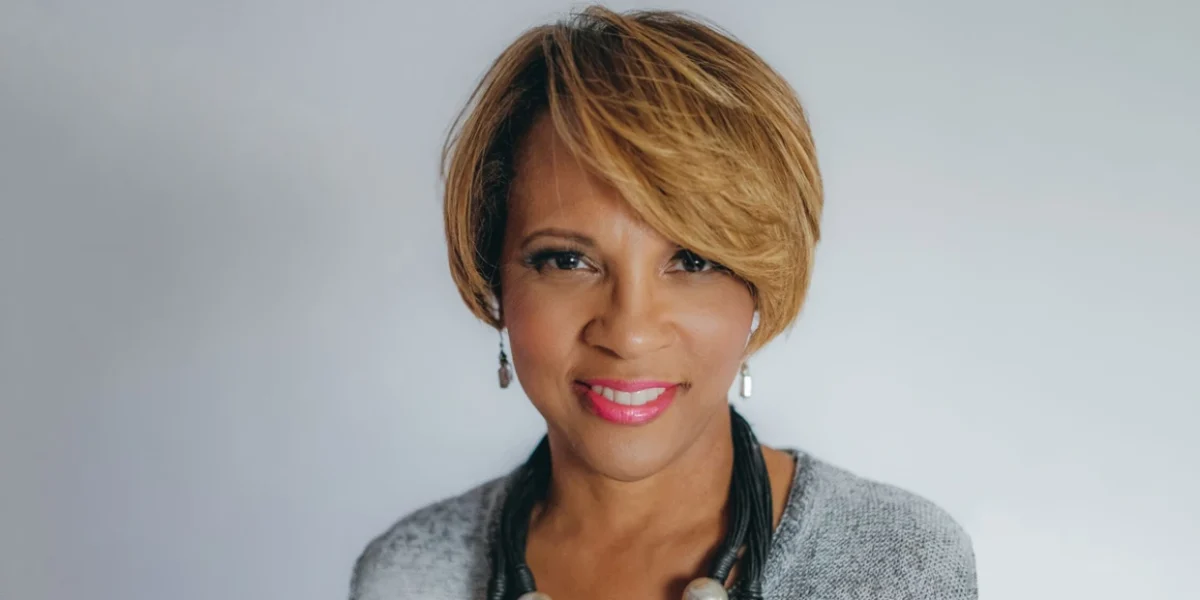
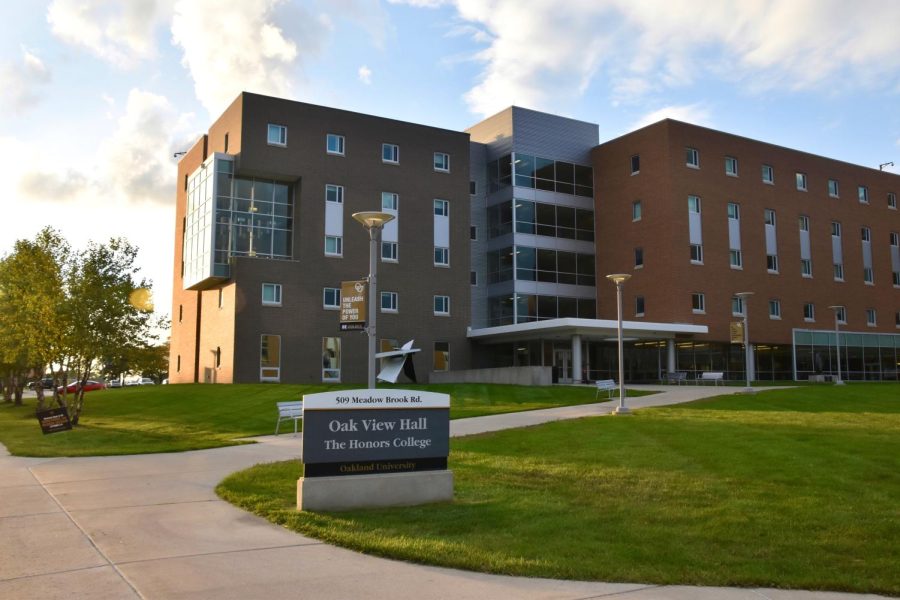
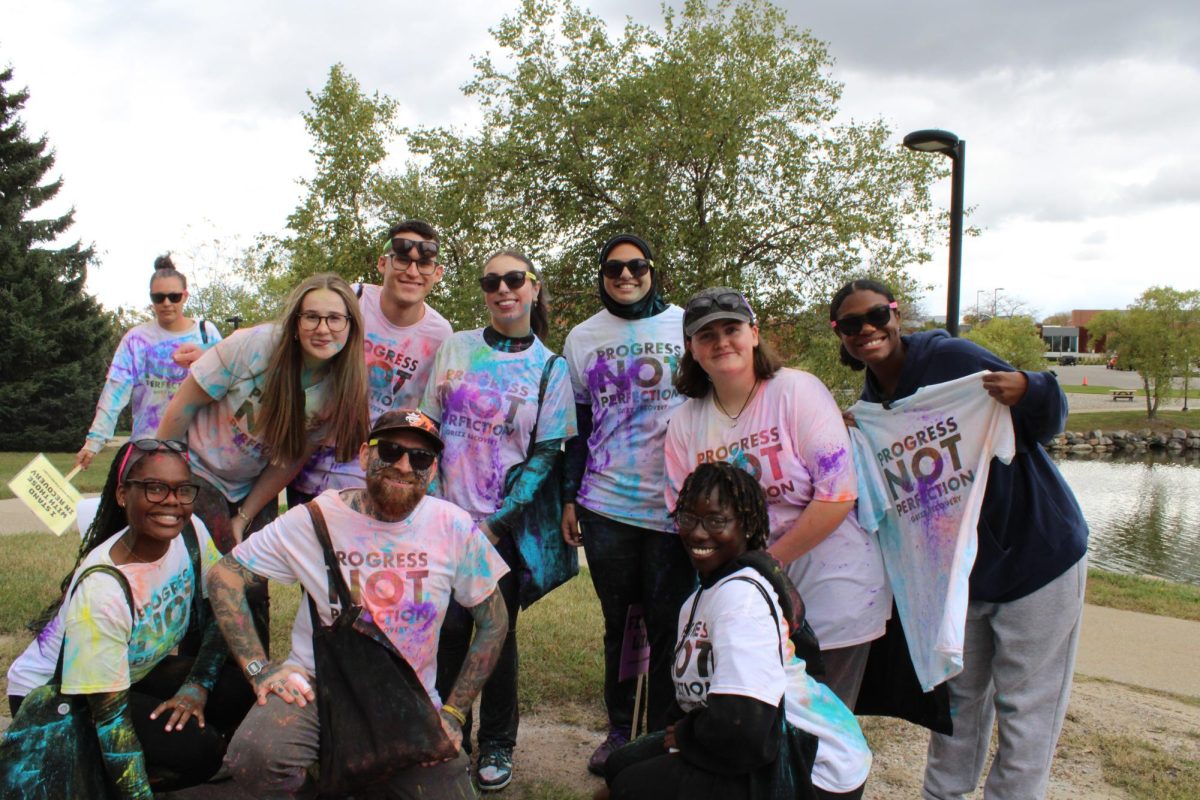
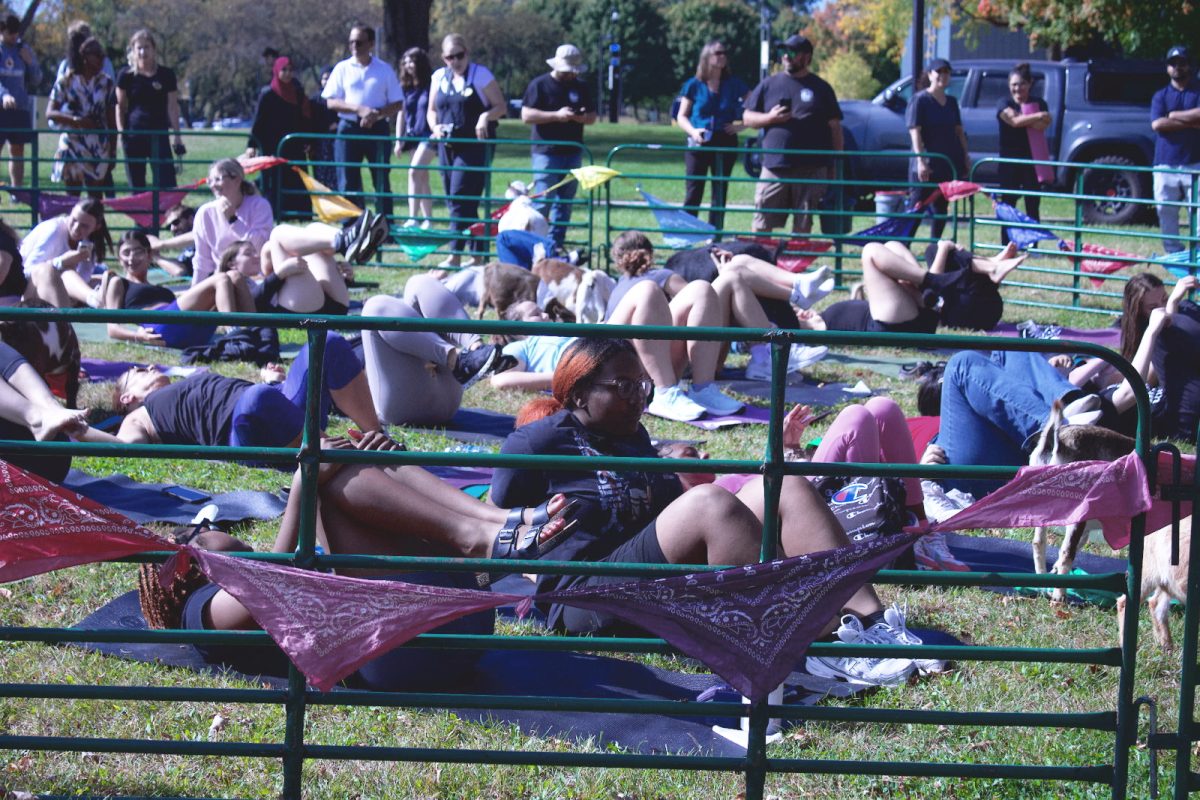
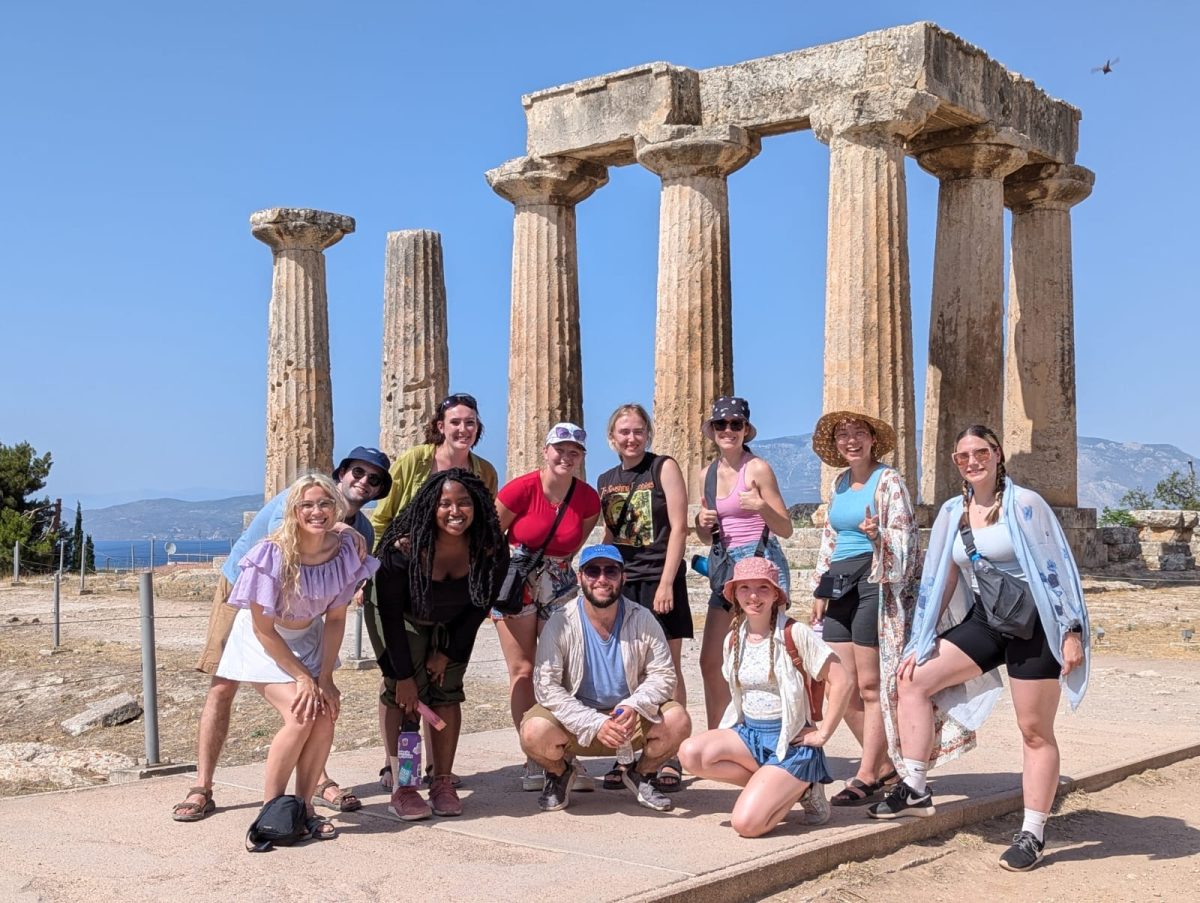

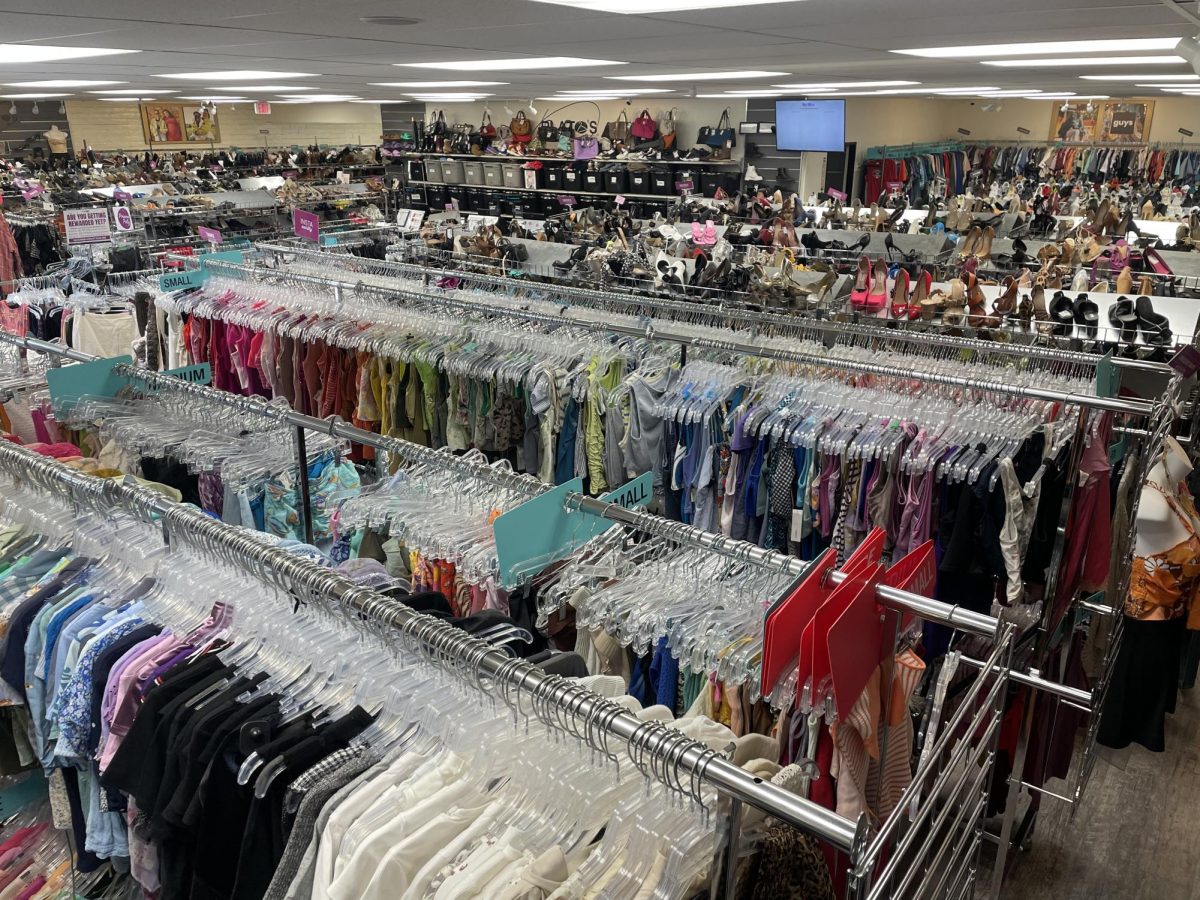

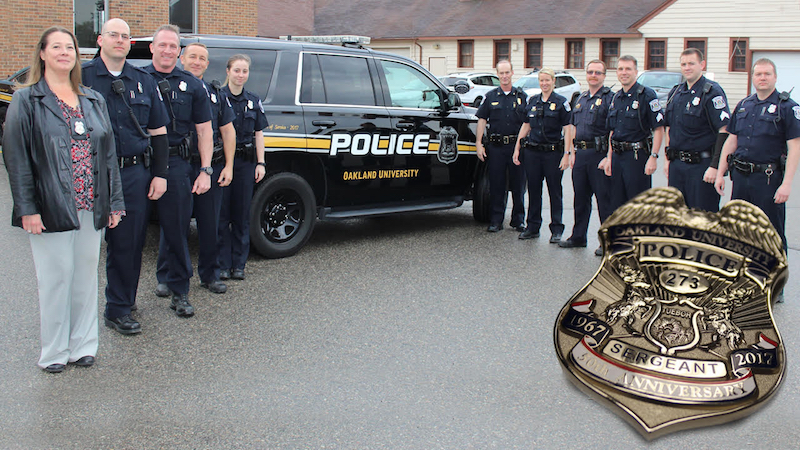
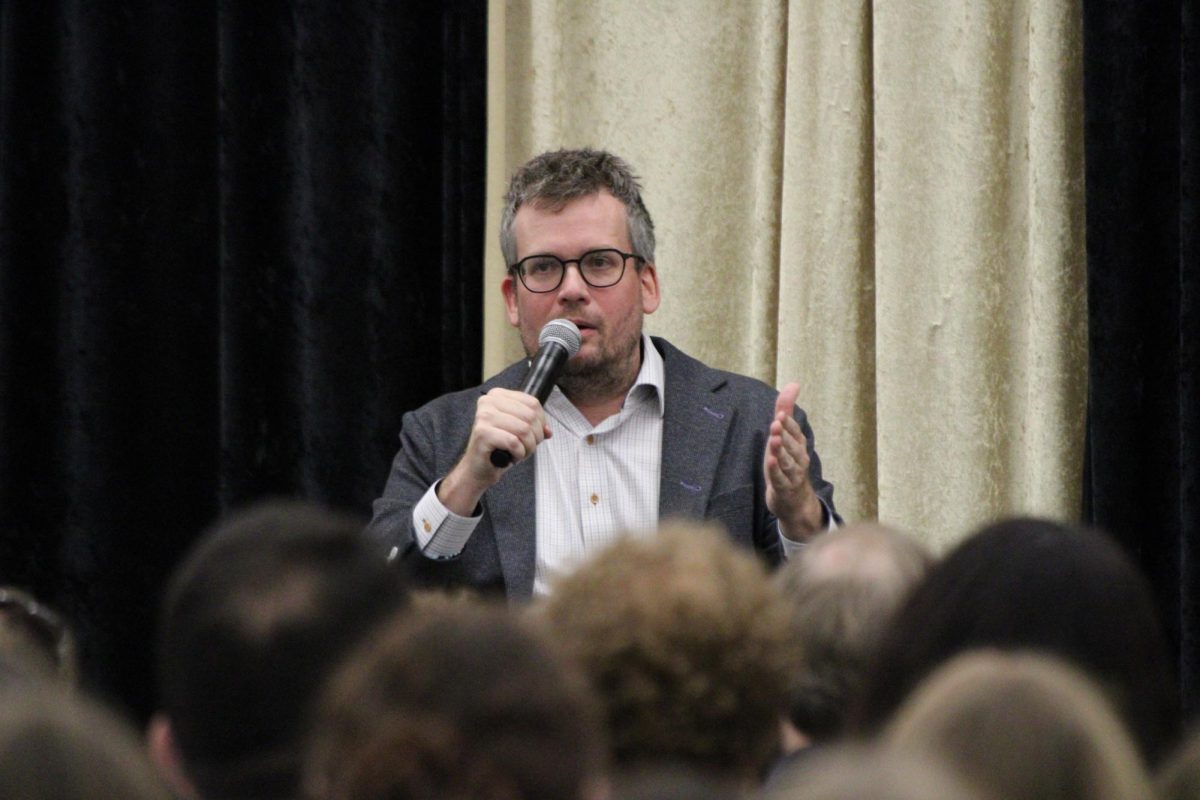
yousef • Apr 10, 2024 at 9:54 AM
DEI is a moral abomination and, if implemented to its logical conclusion in a healthcare environment, will inevitably result in unqualified candidates being hired for positions they have no business in. It also has the unintended consequence of casting a shadow of doubt on qualified candidates within identity groups that the DEI cartel advocates for. i have sad this 3 times so far, once on Peyton Buckis first article (which was subsequently taken down) on this same subject and once a few weeks ago however my comment was censored.